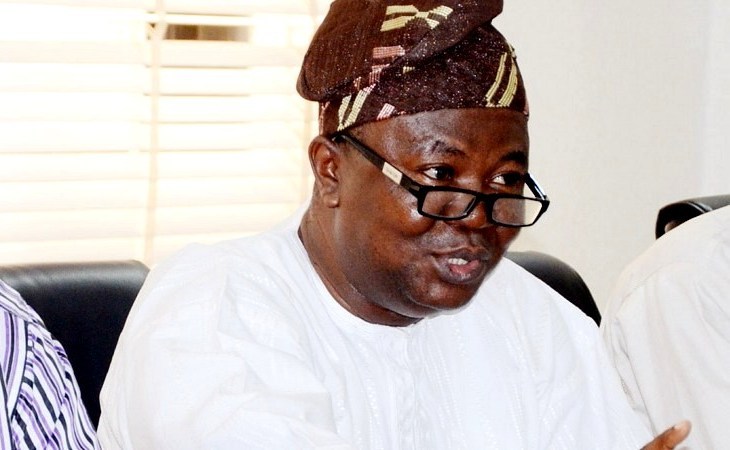As lovers of education luxuriate in the glow of the special recognition given to teachers by the Federal Government, lecturers in tertiary institutions in Nigeria might just be digging in for a prolonged fight with the authorities.

This is because the industrial action by the Academic Staff Union of Universities (ASUU) declared on March 23, this year, just before the COVID-19 lockdown, has continued, in defiance of the Federal Government’s directive that all tertiary institutions be reopened from Monday, October 12.
In fact, President of the union, Prof Biodun Ogunyemi, says the action will continue till government addresses the issues raised in the Memorandum of Action discussed in the 2019 ASUU-FGN agreement, the 2012 Memorandum of Understanding, and the 2017 MoA, all of which are yet to be implemented.
Apparently referring to the decision to stop the salaries of lecturers who had not enrolled in the Integrated Payroll and Personnel Information System (IPPIS), Prof Ogunyemi accused the government of insincerity in its negotiations with the union, adding that university teachers will not resume until they are paid.
The Chairman of the University of Ibadan chapter of the union, Prof Ayo Akinwole, says “the plan to use salary stoppage to punish varsity lecturers has failed as members are resolved to ensure that government becomes responsive and responsible”.
The Minister of State, Education, Chief Emeka Nwajiuba, was quoted to have said, in an interview on Monday, that the lecturers are not in a position to dictate to their employers, how they want to be paid.
Reacting to the development, President of the Nigerian Academy of Science, Prof Mosto Onuoha, says the panacea to the intractable problem is for the Federal Government to desist from entering into agreements it will not honour, pointing out that incessant strike actions are destroying Nigeria’s higher education system with the parents, students and the academia being the worst hit.
He, however, urged ASUU “to be flexible in its demands to help build a resilient and quality higher education system in the country”.
While observers are waiting for clarification on how the President’s Teachers Day pronouncements are to be implemented down the line, the effect of the industrial action in higher institutions will continue to weigh heavily on the students who have been at home since their schools were forced to shut down as a result of COVID-19 pandemic.
Meanwhile, the Senior Staff Association of Nigerian Universities (SSANU) and the Non Academic Staff Union of Universities (NASU) have also embarked on a 14-day warning strike which could develop into full blown industrial action if their demands are not addressed by the Federal Government.
As the battle rages on in different fronts between the unions and the authorities, the students, parents, the higher school system and society, like the proverbial grasses, will continue to suffer.

